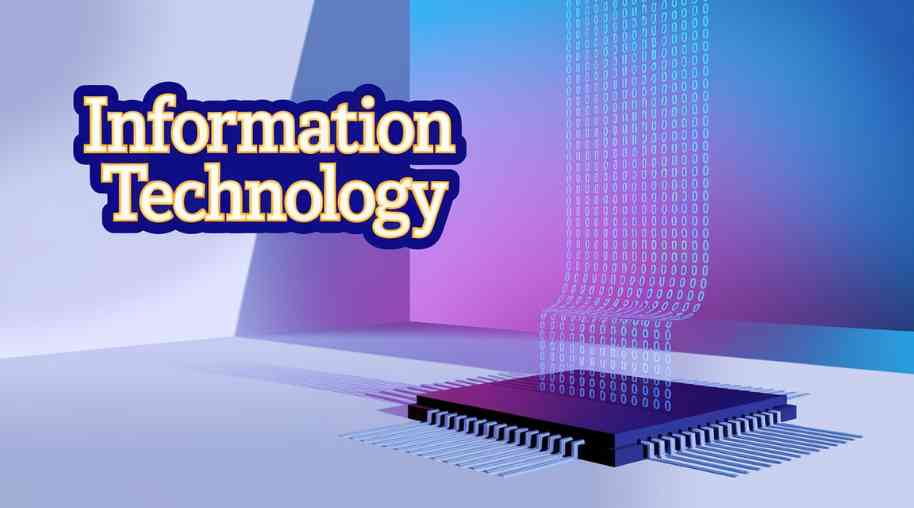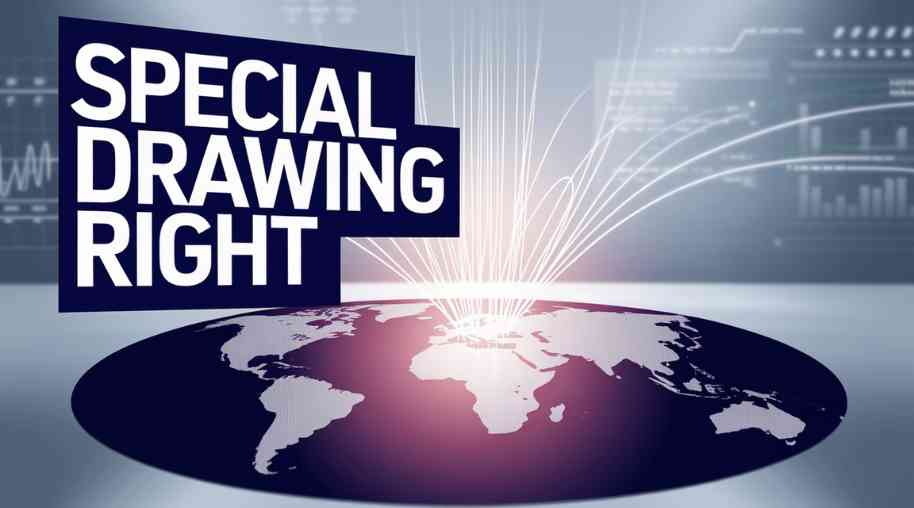IT Full Form-Information Technology
by Shashi Gaherwar
0 2245
Information Technology: Transforming Businesses and Shaping the Digital World
Introduction
In today’s fast-paced digital world, Information Technology (IT) plays a crucial role in shaping businesses, economies, and societies. IT encompasses the use of computer systems, networks, software, and data processing to store, retrieve, and transmit information efficiently. As technological advancements continue, IT has become a driving force behind automation, digital transformation, and innovation.

This article explores the importance of Information Technology, its key components, benefits, challenges, and emerging trends that are revolutionizing industries worldwide.
What is Information Technology?
Information Technology refers to the design, development, and management of computer-based systems used for storing, processing, and sharing information. It includes:
- Hardware: Physical components like computers, servers, and networking devices.
- Software: Operating systems, applications, and enterprise solutions.
- Networks: Internet connectivity, cloud computing, and data centers.
- Cybersecurity: Protecting digital assets from cyber threats.
- Data Management: Processing and analyzing large volumes of information.
IT is widely used across industries, including healthcare, finance, education, e-commerce, and manufacturing, enabling businesses to enhance productivity and efficiency.
Key Components of Information Technology
- Hardware and Software: Hardware includes devices such as computers, laptops, servers, and storage devices. Software consists of operating systems, business applications, and enterprise solutions.
- Cloud Computing: Enables businesses to store, manage, and process data on remote servers. Offers scalability, cost savings, and remote accessibility.
- Cybersecurity: Protects systems from hacking, malware, and unauthorized access. Implements firewalls, encryption, and multi-factor authentication.
- Data Analytics & Artificial Intelligence: Uses Big Data and AI to analyze datasets for business insights. AI-driven automation improves decision-making and operational efficiency.
- Networking & Internet of Things (IoT): Enhances connectivity and real-time data exchange between devices. IoT enables smart homes, autonomous vehicles, and industrial automation.
Benefits of Information Technology
- Enhanced Productivity and Efficiency: Automates routine tasks and reduces human effort. Improves collaboration through cloud-based tools.
- Cost Savings: Reduces operational costs through digitalization and automation. Eliminates paper-based processes and enhances workflow efficiency.
- Improved Data Security: Implements advanced cybersecurity measures to protect sensitive data. Ensures data privacy and compliance with regulatory standards.
- Better Decision-Making: Uses data analytics and AI to provide actionable business insights. Improves customer experience through personalized recommendations.
- Global Connectivity & Remote Work: Enables businesses to operate remotely with cloud solutions. Facilitates seamless communication through digital platforms.
Challenges in Information Technology
- Cybersecurity Threats: Increasing cyberattacks require strong security measures.
- High Implementation Costs: IT infrastructure requires continuous investment in technology and upgrades.
- Data Privacy Concerns: Organizations must comply with data protection regulations like GDPR and HIPAA.
- Technological Obsolescence: Rapid advancements require businesses to constantly update IT systems.
- Skill Shortage: Growing demand for IT professionals and cybersecurity experts.
Emerging Trends in Information Technology
- Artificial Intelligence (AI) & Machine Learning: Enhancing automation, customer service, and predictive analytics.
- Blockchain Technology: Improving transparency and security in financial transactions and supply chains.
- 5G Connectivity: Enabling faster internet speeds and enhanced IoT capabilities.
- Edge Computing: Reducing latency and improving real-time data processing.
- Quantum Computing: Expected to revolutionize complex problem-solving in various industries.
Information Technology continues to transform businesses and redefine industries worldwide. From cloud computing and AI to cybersecurity and IoT, IT innovations are driving efficiency, security, and digital transformation. As businesses embrace emerging technologies, investing in IT infrastructure, cybersecurity, and workforce training will be critical for future growth.
With the rapid evolution of IT, organizations must stay ahead of technological trends to remain competitive and innovative in the digital era.
Further Learning Resources
If you’re passionate about building a successful blogging website, check out this helpful guide at Coding Tag – How to Start a Successful Blog. It offers practical steps and expert tips to kickstart your blogging journey!
For dedicated UPSC exam preparation, we highly recommend visiting www.iasmania.com. It offers well-structured resources, current affairs, and subject-wise notes tailored specifically for aspirants. Start your journey today!

Share:








Comments
Waiting for your comments